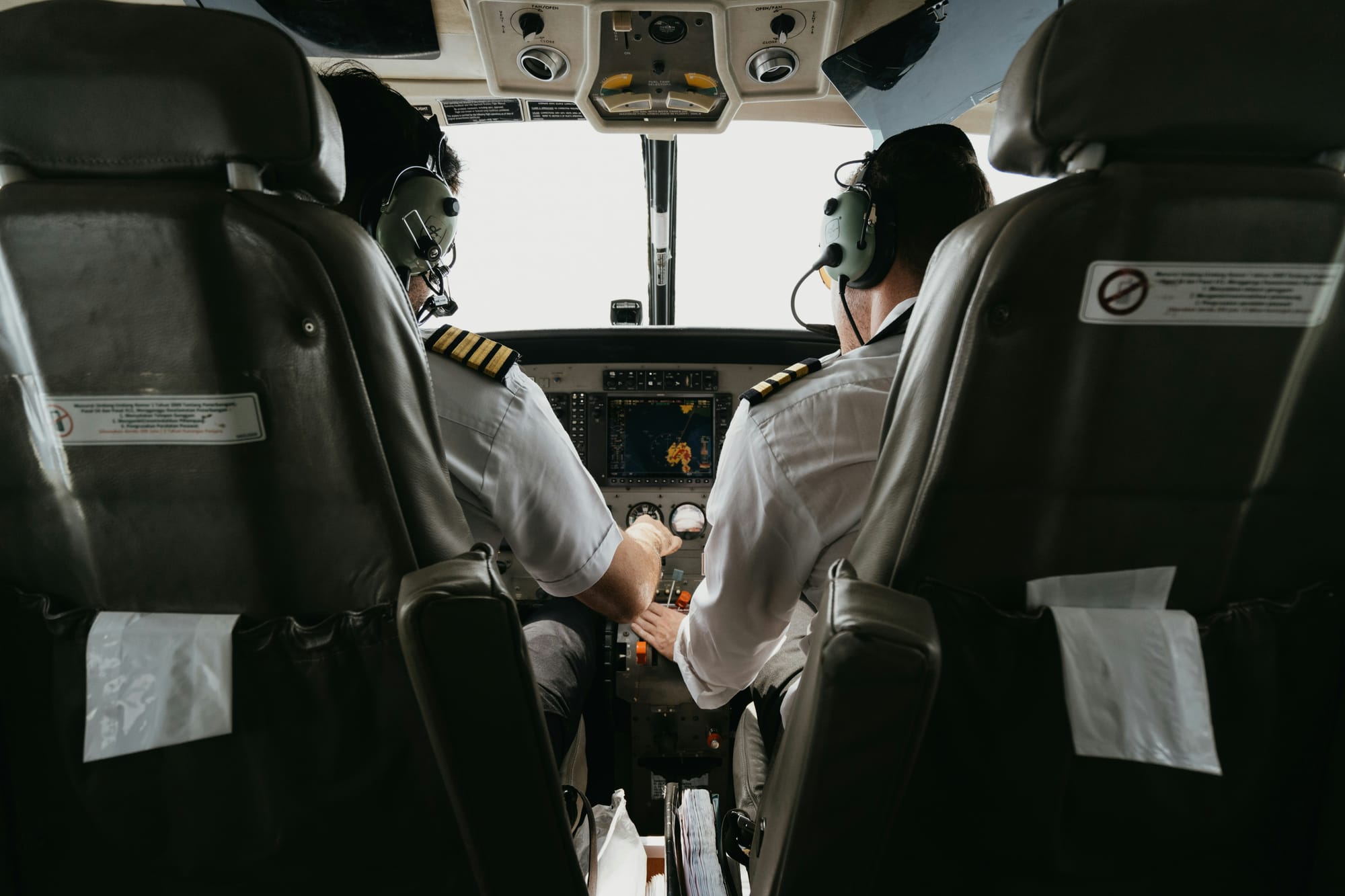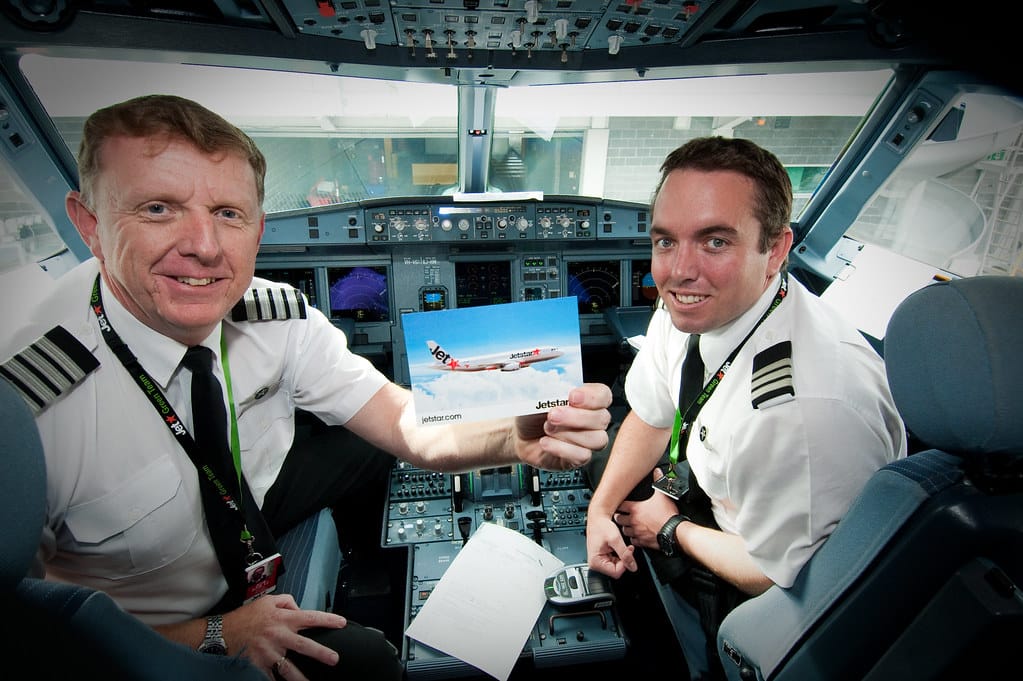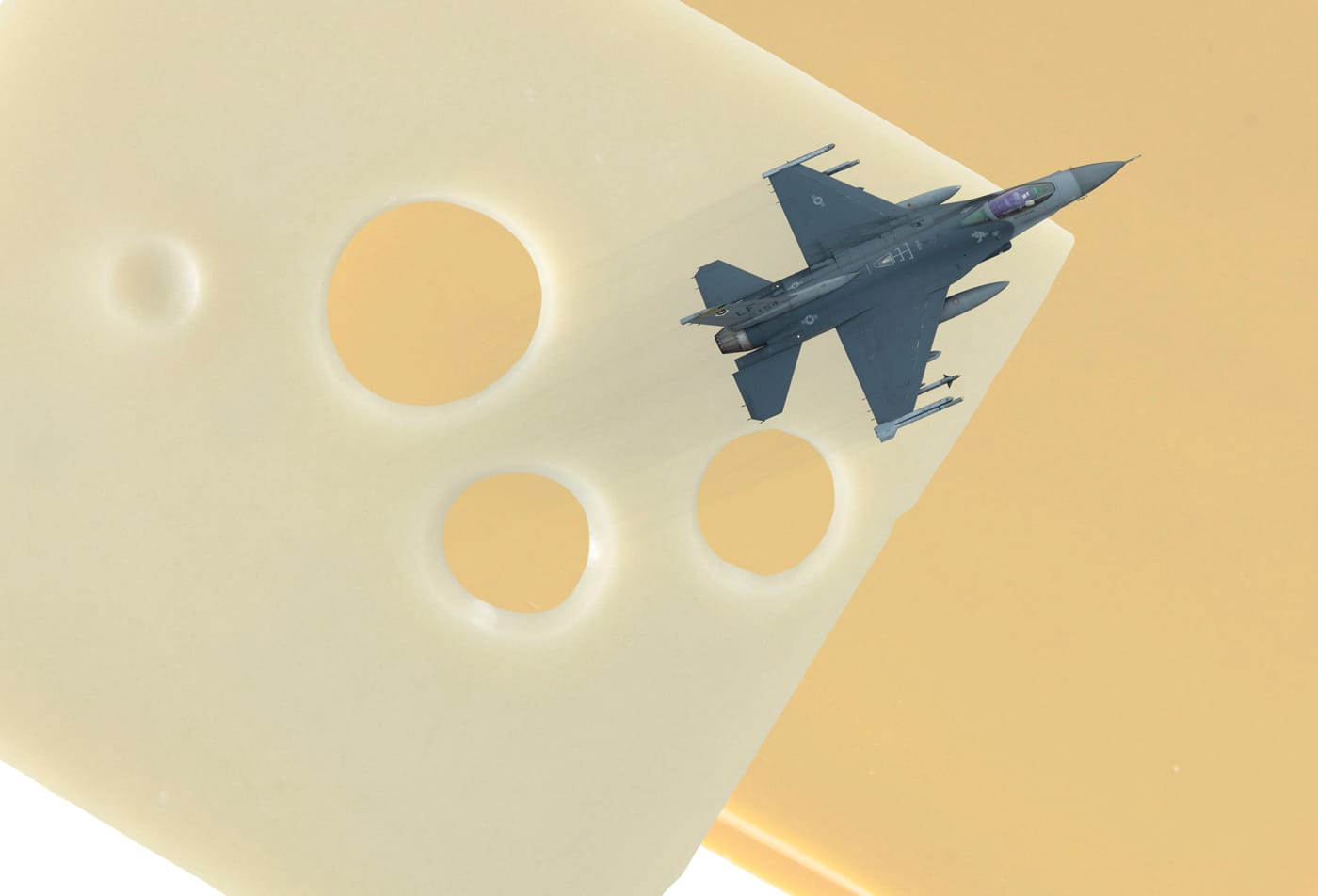Freedoms of the Air: The Nine Essential Aviation Rules
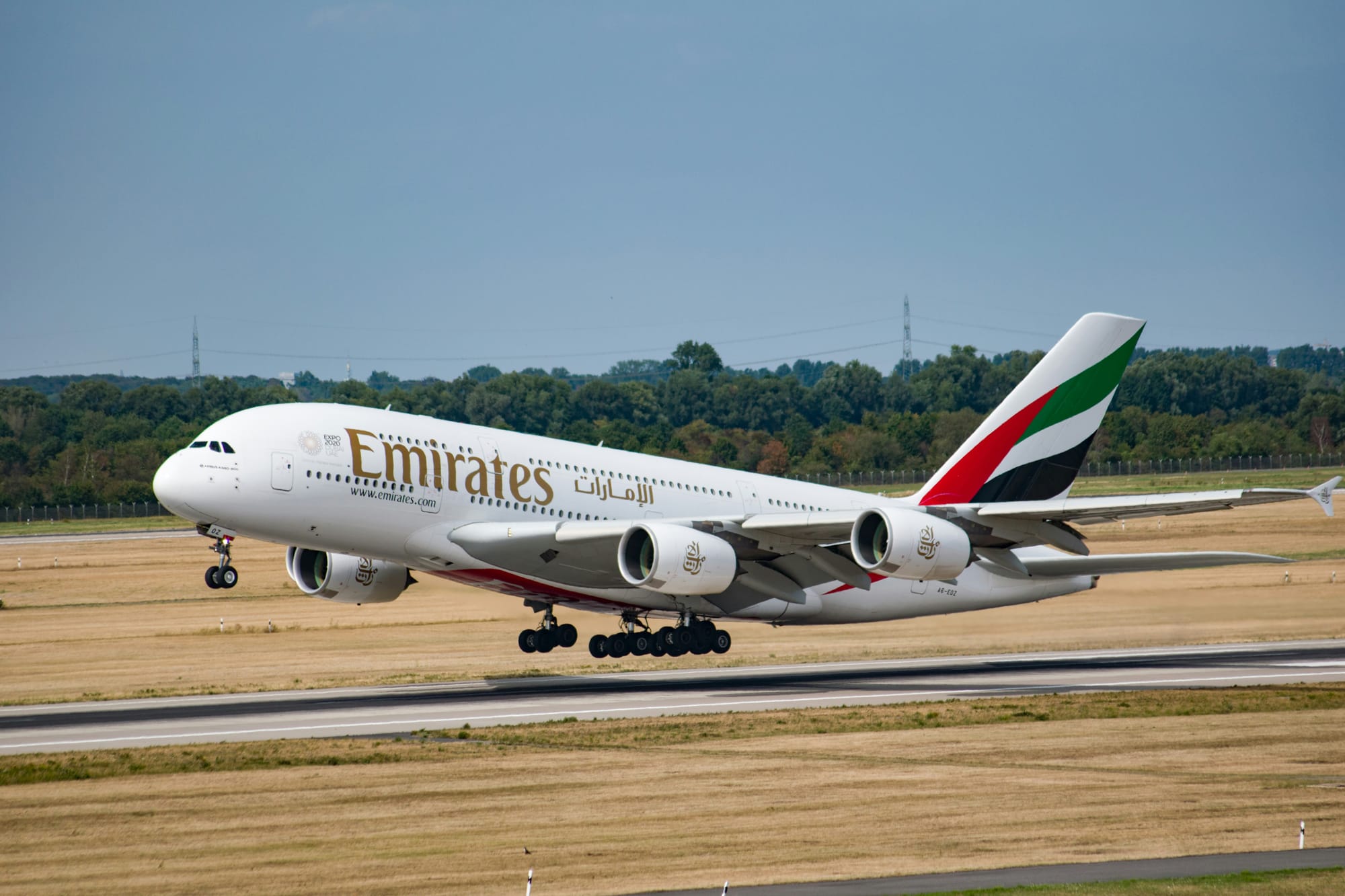
Imagine a world without the ease of international air travel. The Nine Freedoms of the Air, established by the International Civil Aviation Organization (ICAO), are the invisible wings that keep this world aloft. These freedoms dictate the rights of airlines to operate in foreign countries, shaping the global air travel landscape and influencing everything from competition between airlines to ticket prices for passengers.
The Foundational Four
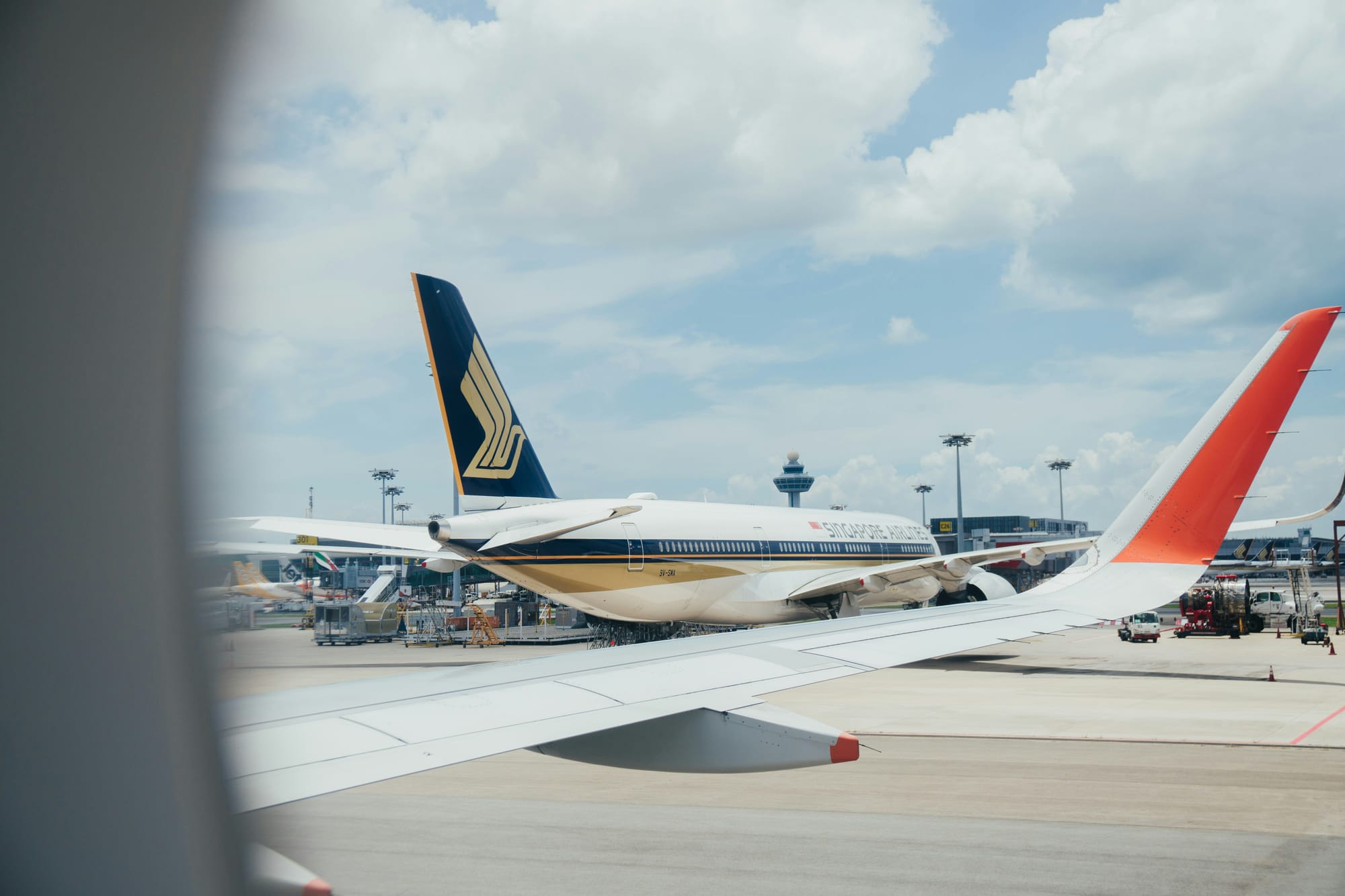
- First Freedom: The Right to Overfly: The most basic freedom allows airlines to fly over a foreign country without landing. This seemingly simple right enables airlines to take the most efficient route between two points, even if it crosses another nation's airspace. Imagine a flight from London to Singapore; without first freedom rights, airlines would be forced to take a much longer route that avoids other countries' airspace.
- Second Freedom: A Technical Pitstop: This freedom permits airlines to make a technical stopover in a foreign country for non-commercial purposes. This could be for refueling, crew changes due to fatigue regulations, or maintenance checks. Think of a long-haul flight from New York to Dubai. The second freedom allows airlines to schedule a technical stopover in Europe, for example, to refuel before continuing the journey.
- Third Freedom: Carrying Passengers or Cargo "Homeward Bound": Airlines can exercise the third freedom to carry passengers or cargo from their home country to another country. This is the cornerstone of most international flight routes. A quintessential example: a Japanese airline flying passengers from Tokyo to Los Angeles operates under the third freedom.
- Fourth Freedom: Completing the Round Trip: The right to carry passengers or cargo from a foreign country back to the airline's home country falls under the fourth freedom. This allows for two-way traffic on international routes. Imagine a flight from Sydney to London; the fourth freedom allows the airline to carry passengers returning from London back to Sydney on the same flight.
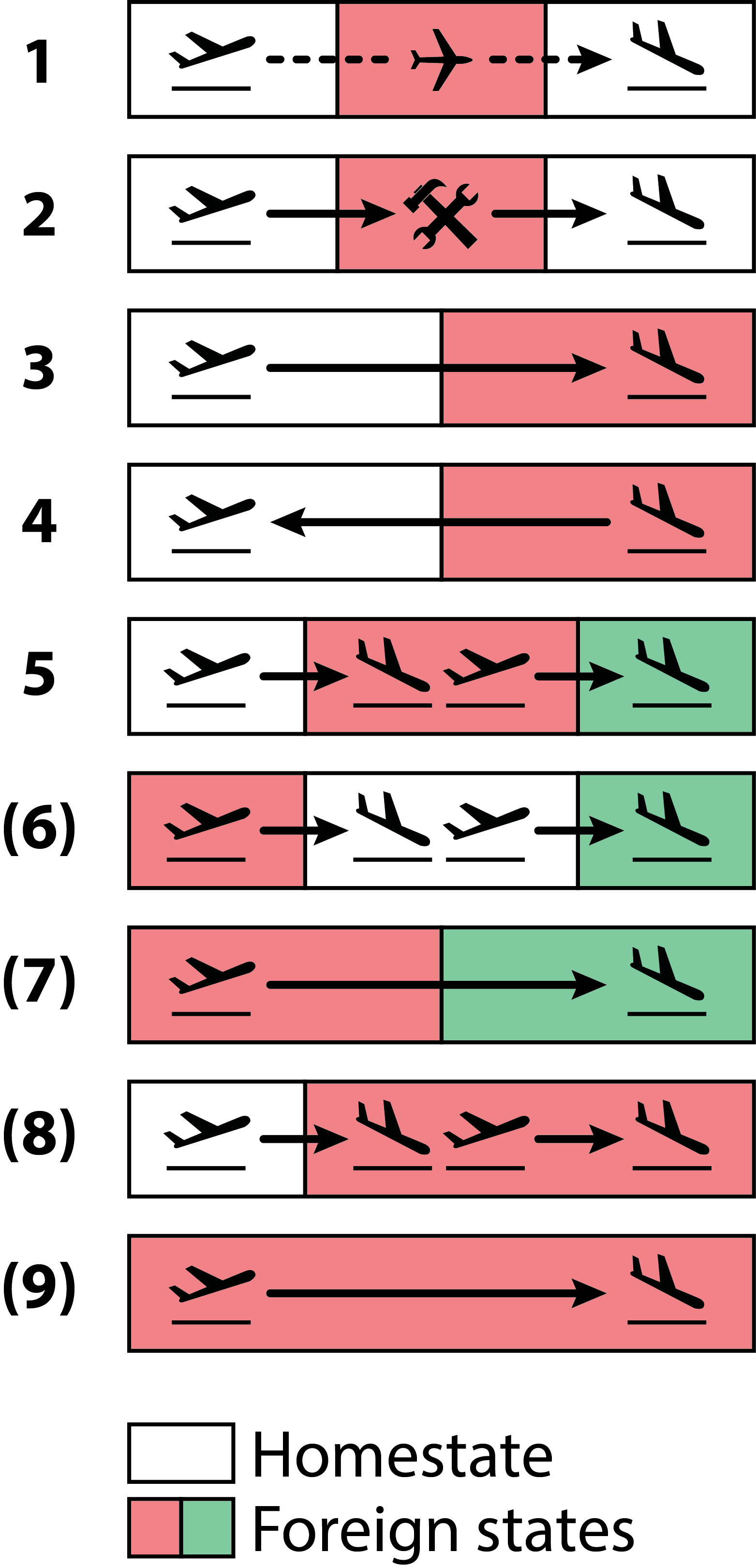
Combining Rights for Complex Operations
The next five freedoms allow airlines to combine basic flight rights to create more intricate operations.
- Fifth Freedom: Connecting the World with a Stopover: This freedom gets more interesting. It permits airlines to carry passengers or cargo between two foreign countries, with a stopover in the airline's home country. This is often used by airlines to connect passengers from different regions on a single flight. For instance, an airline from Dubai might use the fifth freedom to carry passengers from Frankfurt to Mumbai, with a stopover in Dubai. This provides passengers with more options and potentially reduces travel time.
Expanding the Network
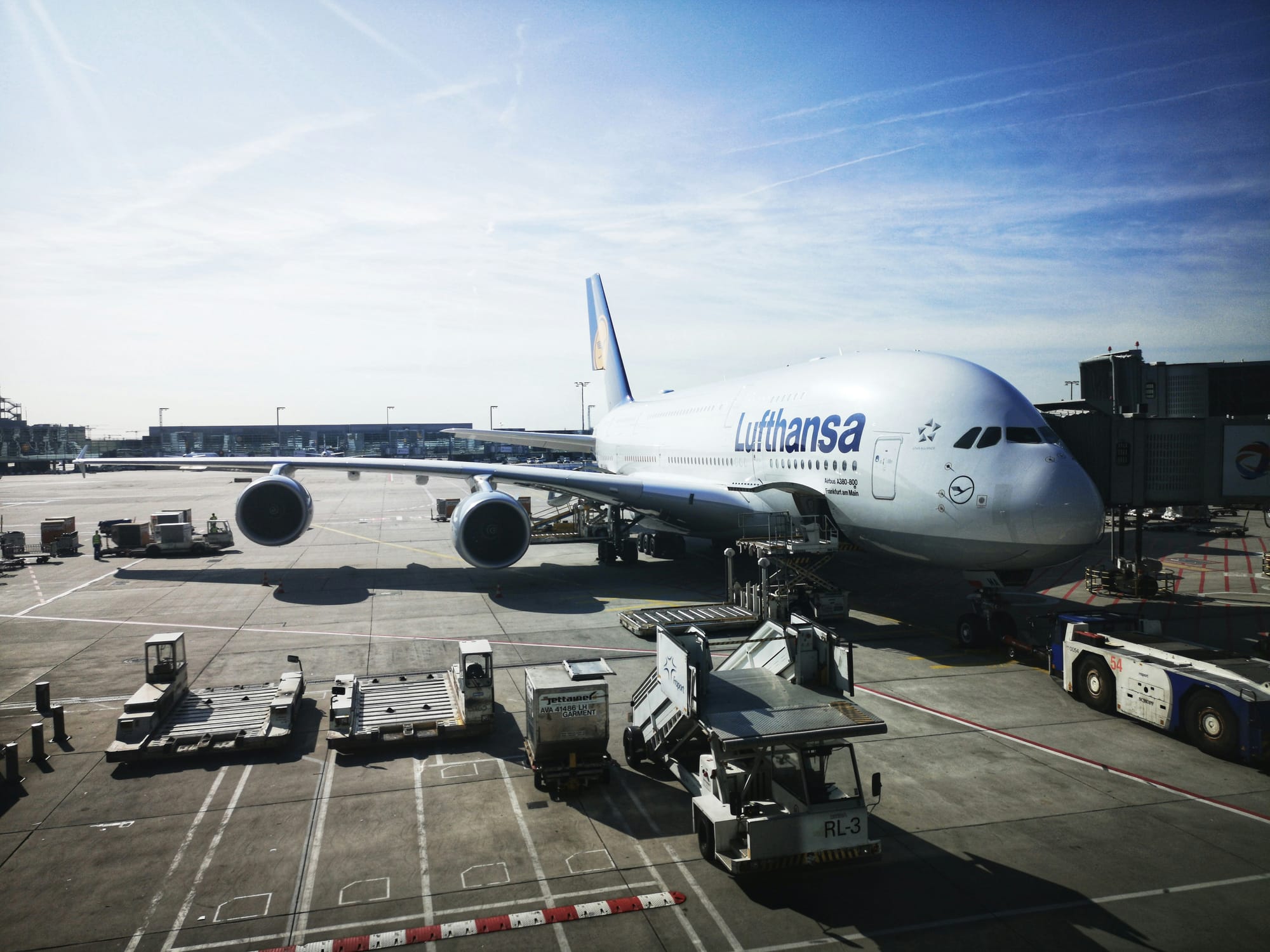
There are two additional freedoms that are not officially part of the original set but are derived from the fifth freedom.
- Seventh Freedom: Bypassing the Home Base: This freedom allows airlines to carry passengers or cargo between two foreign countries without touching down in the airline's home country. This is beneficial for airlines that have established hubs in convenient locations. Imagine an airline based in the Middle East using its hub in Dubai as a springboard to connect passengers between London and Singapore, without a stopover in the Middle East itself.
- Ninth Freedom: Domestic Operations in a Foreign Land: The ninth freedom grants the right to transport passengers or cargo entirely within a foreign country, on a flight that originates or terminates in another foreign country. This is also known as "stand-alone cabotage" and is less common due to its potential to restrict domestic markets. An example, though rare, could be an airline transporting cargo between two cities within a foreign country, while the flight itself originates from and terminates in a completely different country.
The Freedoms and the Global Stage
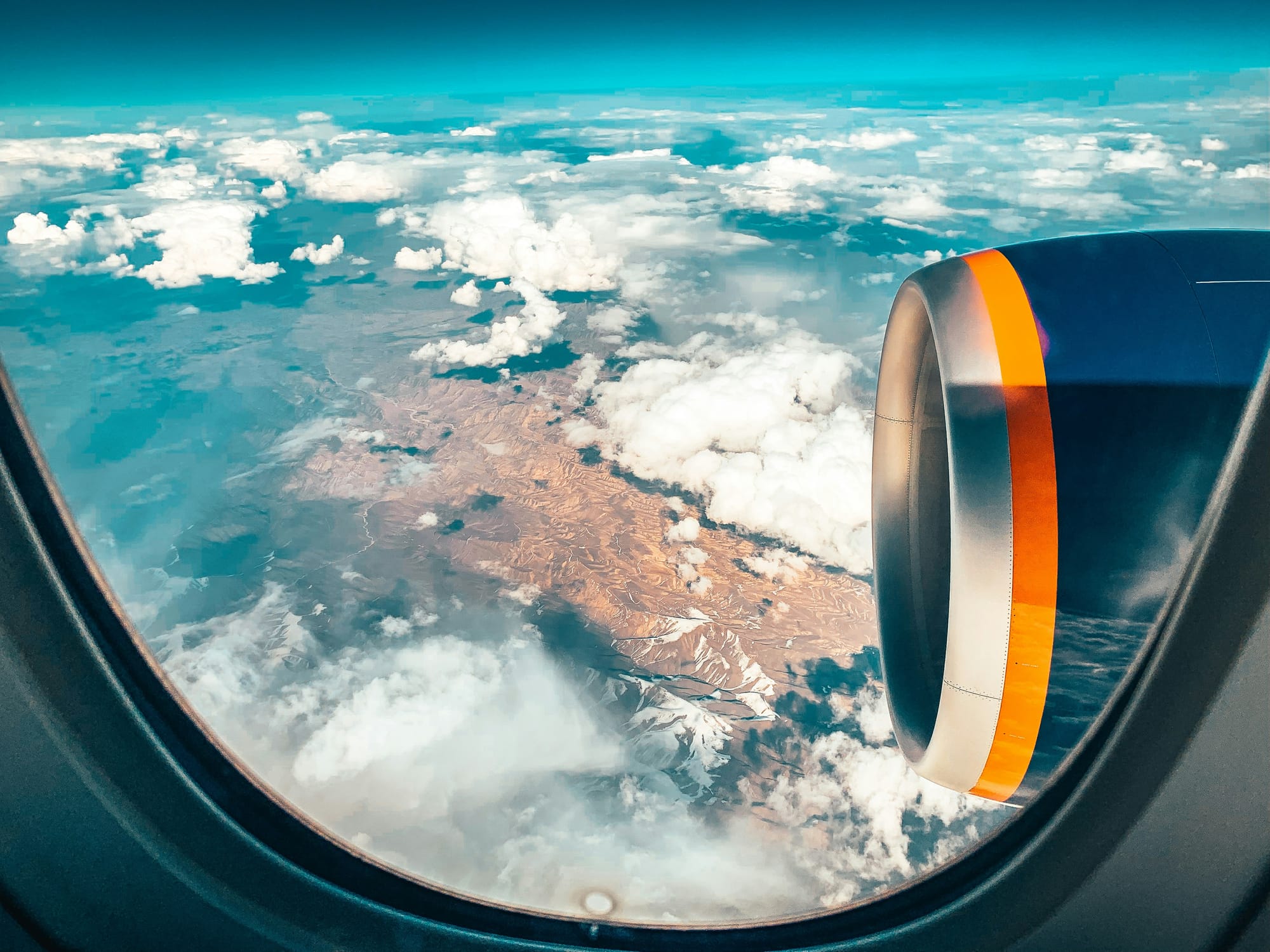
The Nine Freedoms of the Air play a significant role in shaping the global air travel landscape. They influence competition between airlines, route development, and ultimately, ticket prices for passengers. International agreements, called Bilateral Air Service Agreements (BASAs), determine which freedoms are granted to each other's airlines. These agreements can be complex and are constantly being negotiated and renegotiated, impacting travel options, network efficiency, and even national economic interests.
Understanding these freedoms provides a deeper appreciation for the complexities of international air travel. The next time you book a flight that seems to take an unusual route, or that allows you to conveniently connect between two seemingly distant cities, remember, the Nine Freedoms of the Air are silently at work, making your journey possible. They are the invisible framework that keeps the world connected by air, fostering cultural exchange, global trade, and the wonders of international travel.


